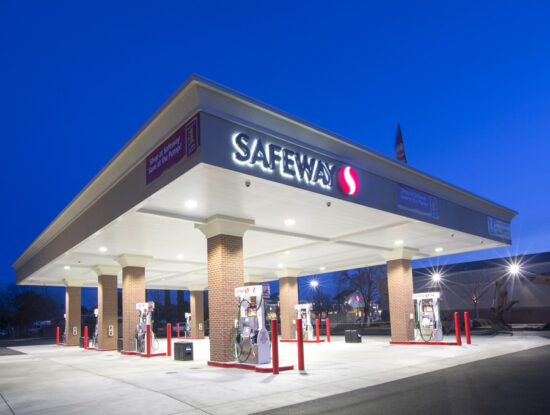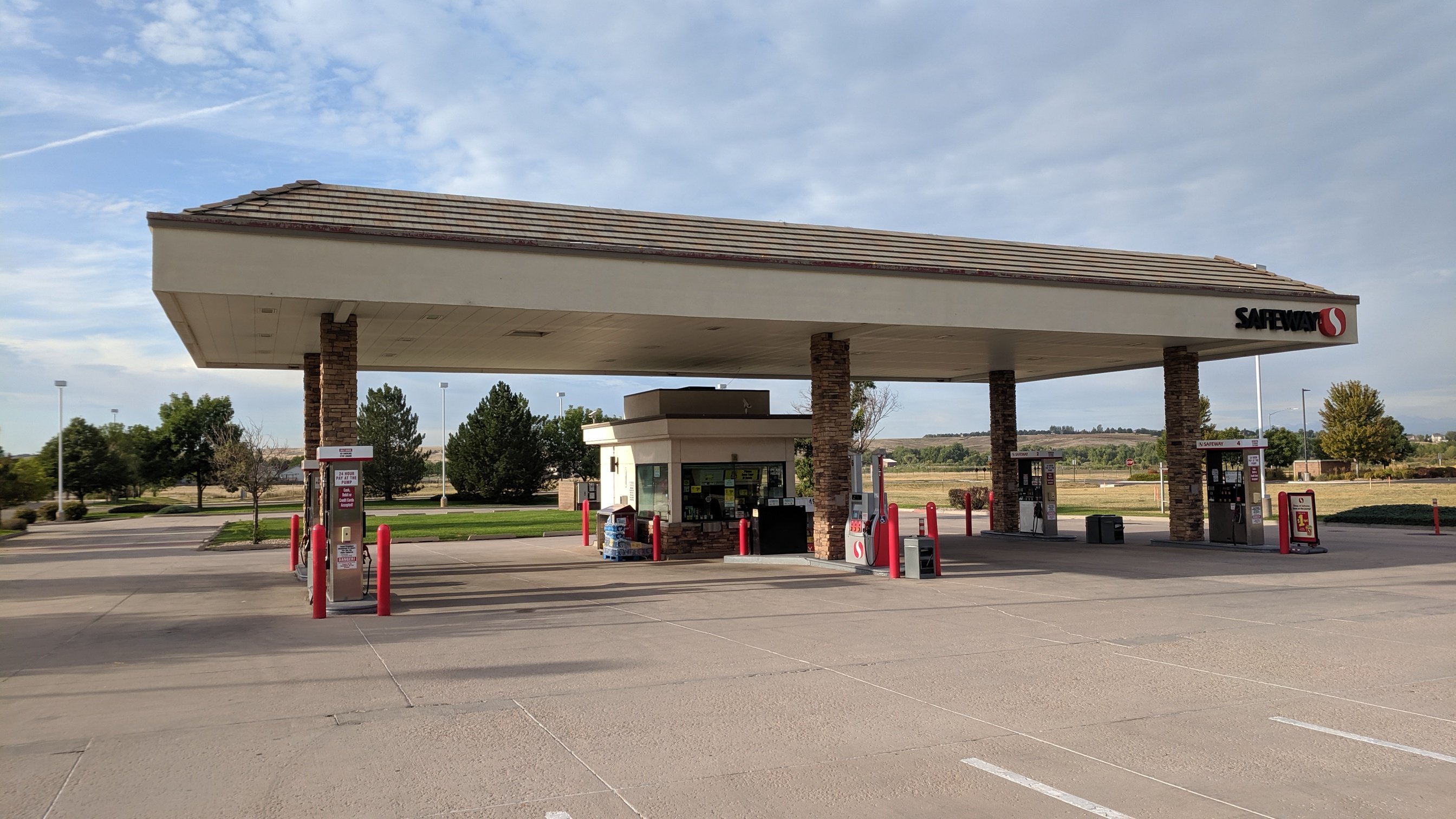

- Safeway fuel station chester drivers#
- Safeway fuel station chester driver#
- Safeway fuel station chester free#

Gas rewards programs promote the message that driving is preferable to other travel modes, uniquely worthy of reward. Supermarkets need to make sure they’re communicating a clear, consistent message to the public about the excellence of their products, customer service, and shopping experience. All shoppers would have an incentive to buy more from the store, both to earn and to redeem reward points.

No subset of patrons would be left out under such an arrangement. For instance, the store could offer discounts on its own merchandise to customers who accumulate reward points.
Safeway fuel station chester free#
Both stores have free parking, but they don’t participate in gas rewards programs.įor stores that do, however, a better rewards plan would offer a benefit useful to all the store’s customers. Dawson’s Market in Rockville and its sister store, Ellwood Thompson’s in Richmond, give customers who walked, biked, or took transit to the store a 25¢ discount. Some grocery stores do offer rewards to non-drivers. Responsible rewards are fair to all and maximize store revenue To the extent that gas rewards influence people’s transportation choices, they lead to more pollution, traffic congestion, parking shortages, and wear and tear on the roads. It’s conceivable that gas rewards might prompt some shoppers to drive more and walk less, so they can take advantage of their gas rewards points. Stores would clearly benefit if more of us walked, since they could accommodate more shoppers with fewer parking spaces. But they don’t spend much more than pedestrians and cyclists who make several, smaller trips instead of a few big ones. It is true that drivers, with their car trunks, can carry home larger purchases. Grocery stores don’t gain any advantage when their customers drive instead of walking, biking, or riding transit. And at stores in urban areas, where most customers may not drive, these rewards only convince a minority of shoppers. Gas rewards fail that test, because they persuade only one group of customers, drivers, to increase their purchases at the store. Should grocery stores reward people for driving?Ī well-designed rewards program encourages all shoppers to buy more. Of course, full-time pedestrians and transit riders save nothing at all, since they don’t purchase gasoline. Giant’s points expire 30 days after you earn them Safeway’s somewhat less perishable points expire at the end of the next month. If you don’t drive enough to empty your tank each month, your savings are even smaller.
Safeway fuel station chester driver#
The typical compact car’s 10-gallon tank limits its driver to only $10 of savings for the same grocery bills. Large SUVs can make the maximum purchase of 25 gallons (Safeway) or 35 gallons (Giant), for savings of $25 or $35 for $1,000 of grocery purchases. Your actual gas savings can vary greatly depending on the size of your vehicle’s gas tank, because you redeem your rewards points with a single fill-up, limited to one vehicle. Safeway’s maximum discount per gallon is $1.00, while Giant will give up to $2.20. In both cases, for every $100 you spend, you earn points that let you save 10¢ per gallon at a participating gas station. The two stores’ gas rewards programs follow similar rules. The more you (drive and) shop, the more you save (on gas) Wouldn’t it be simpler to provide a reward that all shoppers would appreciate? That’s an extra step, and an unnecessary one. But to turn non-drivers into loyal customers, they first have to turn them into drivers.
Safeway fuel station chester drivers#
Gas rewards programs may be effective at turning frequent drivers into loyal customers. But Giant and Safeway give out rewards points even at stores in urban neighborhoods, where many shoppers don’t have cars. Nationwide, most supermarkets are in places where customers have little choice but to drive. These policies are set at the corporate level, not by individual stores. But their “rewards points” loyalty programs are only good for discounts on gasoline, benefitting those who drive frequently and have the biggest gas tanks. Supermarket chains like Giant and Safeway are expanding into urban areas, where many shoppers don’t come by car. While Safeway’s policy has expanded to include points for groceries as well as gas, Giant’s fuel-only rewards are still around. This article was first published on March 11, 2014. Safeway on 5th and K streets by Dan Reed licensed under Creative Commons.


 0 kommentar(er)
0 kommentar(er)
